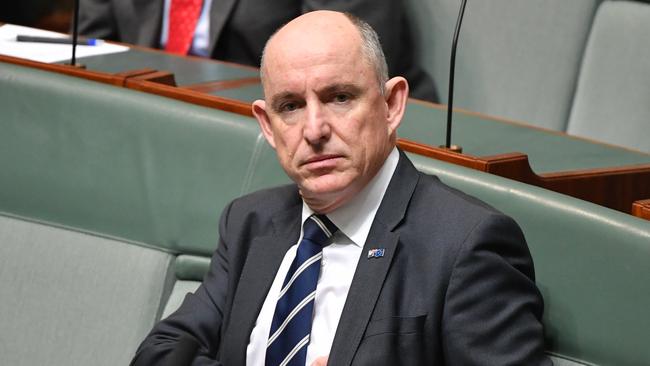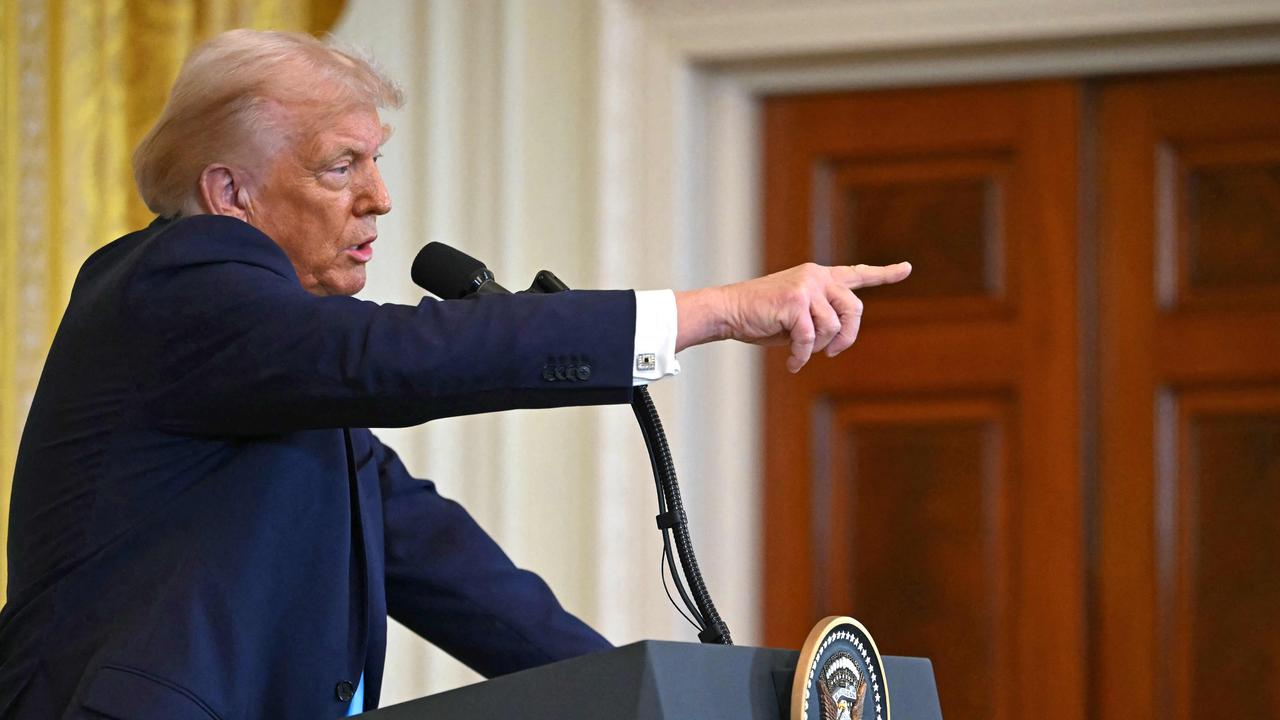
A series of senior government ministers have now been burnt or impacted by the systems and cultural problems in segments of the Australian Taxation Office.
Last week a big chunk of the charges against ATO whistleblower Richard Boyle were withdrawn, enabling Attorney-General Christian Porter to see first hand what happens inside the ATO. He joins Josh Frydenberg, Karen Andrews, Stuart Robert, and Michaelia Cash on the list of those who have had bad ATO experiences.
Eventually the government will realise these individual ministerial experiences are not unique and something is seriously wrong in the body that we depend on to raise our revenue.
Whistleblower Richard Boyle acted in the national interest by revealing to the public some of the truly awful practices within the ATO, practices that were also found to be abhorrent by the Inspector-General of Taxation.
Nevertheless the ATO prosecuted Boyle with a raft of charges that, if proven, involved a potential lifetime in prison.
Porter must have been stunned when, after the charges were filed, the head of the tax department appeared before a parliamentary committee and, under privilege, asserted a series of conclusions about the actions of Boyle despite the matter being before the courts. It will be up to the courts as to whether the parliamentary statements by the ATO make it impossible for Boyle to have a fair trial on the remainder of the charges.

Christian Porter will now have empathy with Industry, Science and Technology Minister Karen Andrews. She discovered how under her predecessors the ATO demanded many of those who had received government research grants refund the money. They had spent the money so, as the ATO must have anticipated, they could not repay, so went into bankruptcy. The research knowledge was lost and the government grants wasted.
Australian research and development was set back countless years. There now appears to be a truce.
Treasurer Josh Frydenberg was lucky because in December the ATO won the first round of the so-called “gold case” before the courts. Now there is to be an appeal and eventually the case may go to the High Court. If the ATO loses then almost certainly the states will require the Commonwealth to pay between $600 million and $1 billion in lost GST revenue caused by the ATO‘s actions in not following the UK and other countries in stopping gold GST rorts.
What the ATO did do was to bankrupt large segments of what was a wonderful Australian industry – gold refining. The ATO used similar techniques to destroy gold refining as it had used to destroy the cream of research and development talent.
In the JobKeeper program, Frydenberg was right in concluding that for all the ATO’s cultural shortcomings, the only way money could be quickly channelled into the business community to prevent COVID-19 carnage was via the tax office.
And on this occasion the ATO put its best people into the operation to pump out the money and they did a great job.
But the ATO overstated the forecast payments and, somewhat unfairly, Frydenberg was put through the ringer because of that ATO mistake. Although no money was lost, Frydenberg’s “blame” should have been taken by assistant treasurer Michael Sukkar, who is in charge of the ATO.
Back around 2015-16 the ATO convinced government ministers that ATO pay statistics could be used to automatically monitor social services entitlements. Gullible minsters were sucked in.
But it was ironic that it was Stuart Robert who took the blame for the robodebt fiasco where almost 500,000 people incorrectly lost entitlements. Around late 2015 and early 2016 Robert as the then minister for human services would have been involved in some of the early decision-making. After a spell on the back bench as a result of an expenses controversy he returned to the ministry as assistant treasurer in charge of the ATO. With small business minister Michaelia Cash, Robert acted in the national interest and against strong ATO opposition started a small business appeal system outside the notorious ATO “kangaroo court” appeals.
Robert discovered the ATO shortcomings so when he returned to the human services ministry it would have been no surprise that he had a disaster on his hands.

Last week I turned to JobKeeper and revealed that segments of the tax office were classifying taxpayers on the basis of their April tax income and excluding any falls in March. In the Frydenberg declaration, the Treasurer made it very clear that if an enterprise had a 30 per cent fall in revenue in either March or April it was entitled to JobKeeper. Yet in apparent defiance the ATO rejected some March taxable income falls. I am pleased to report that the case I referred to has been reversed.
But another ATO tribe has sent out around 8000 circular-style letters to struggling small enterprises with a chilling and hideous threat in the last sentence that the ATO might bankrupt them by seeking to recover JobKeeper payments already paid.
Eventually someone in the parliament is going to have to step back and ask: “What is happening here?” And when they do that they will discover that there is a deep cultural problem in the ATO created by the fact that it is above the law.
Part of the recovery from COVID-19 is going to require making the ATO accountable to the law and restoring confidence among taxpayers.



